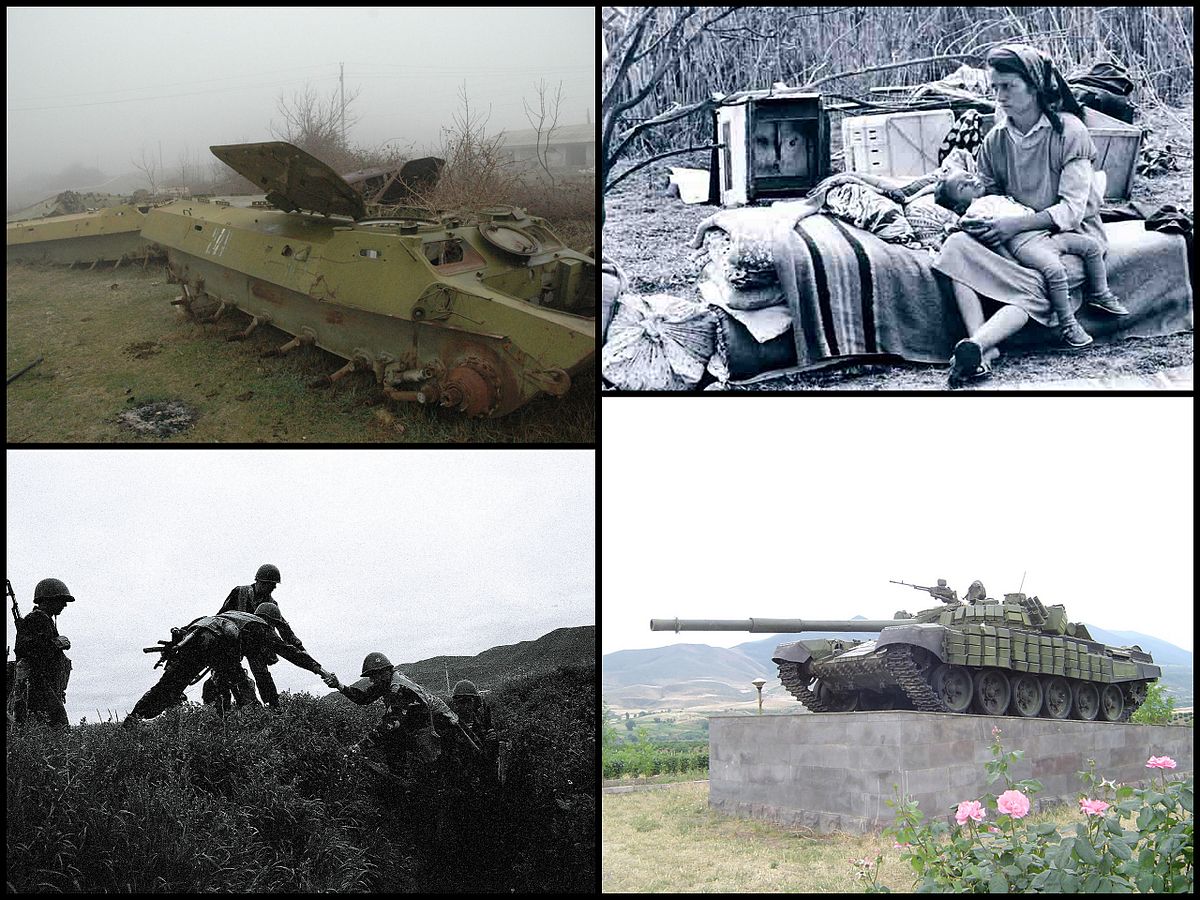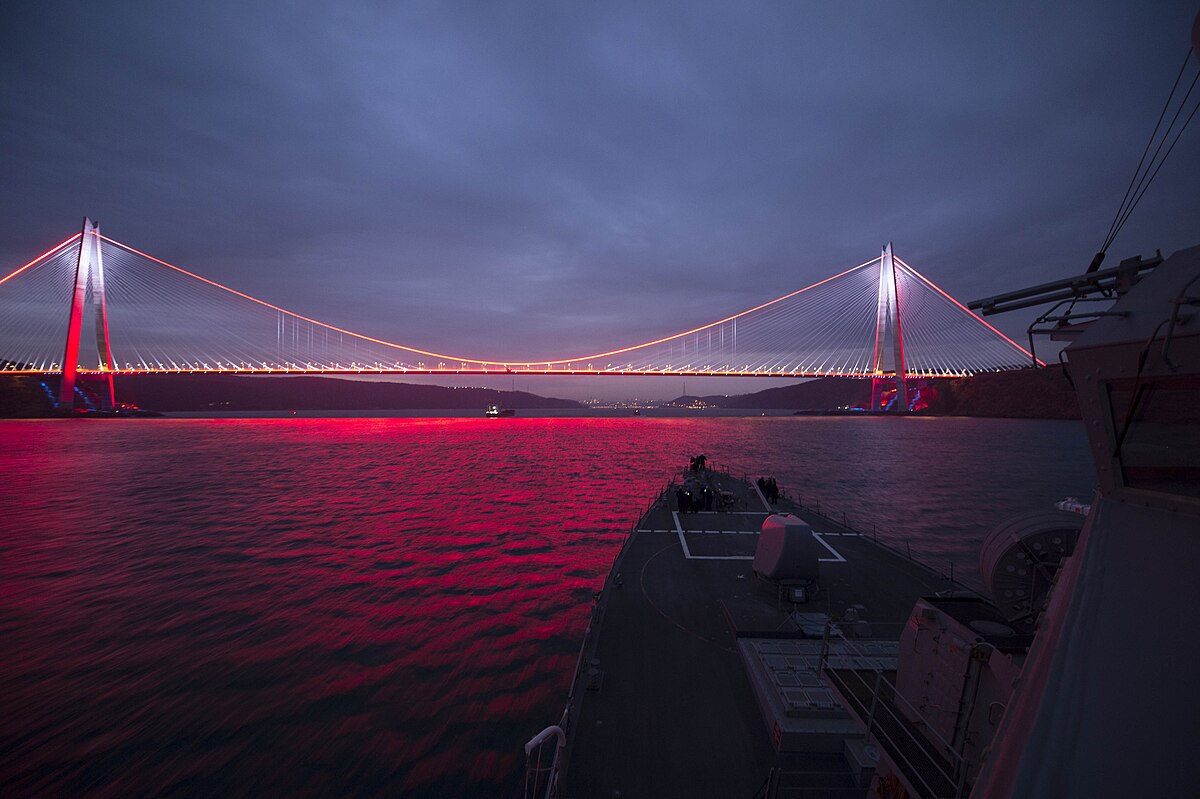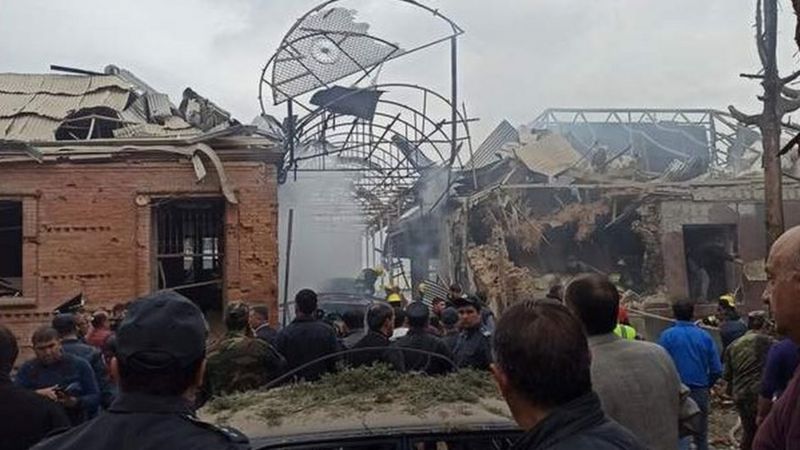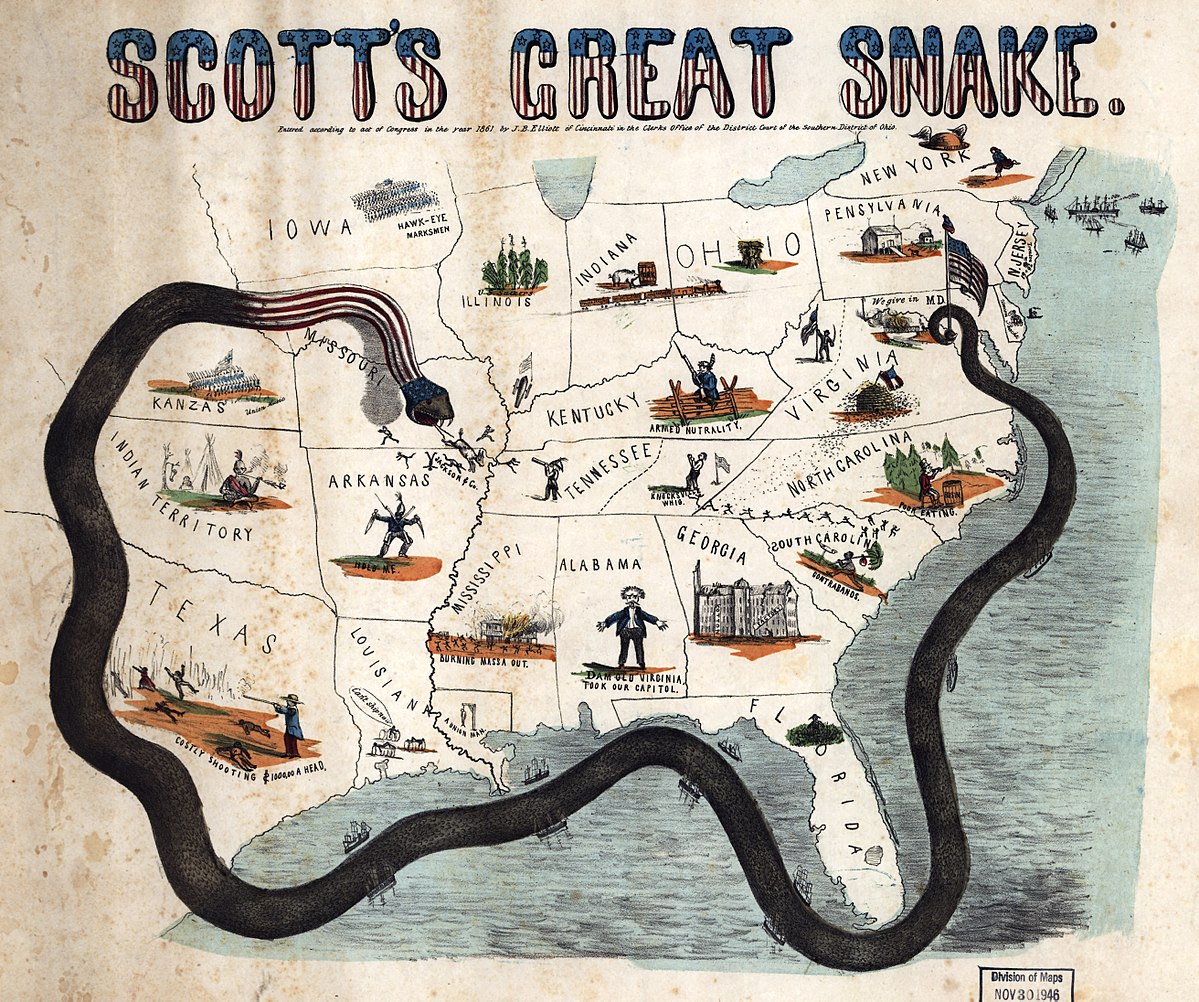Since 1945, the
United Nations Security Council determines the legal status of blockades and by
article 42 of the
UN Charter, the council can also apply blockades.
[10] The UN Charter allows for the right of self-defense but requires that this must be immediately reported to the Security Council to ensure the maintenance of international peace.
According to the not ratified document
San Remo Manual on International Law Applicable to Armed Conflicts at Sea, 12 June 1994,
[11] a blockade is a legal method of warfare at sea but is governed by rules. The manual describes what can never be contraband. The blockading nation is free to select anything else as contraband in a list, which it must publish.
The blockading nation typically establishes a blockaded area of water, but any ship can be inspected as soon as it is established that it is attempting to break the blockade. This inspection can occur inside the blockaded area or in international waters, but never inside the territorial waters of a
neutral nation. A neutral ship must obey a request to stop for inspection from the blockading nation. If the situation so demands, the blockading nation can request that the ship divert to a known place or harbour for inspection. If the ship does not stop, then the ship is subject to capture. If people aboard the ship resist capture, they can be lawfully attacked.
Act of war[edit]
Main article:
Casus belli
Whether or not a blockade was seen as lawful depended on the laws of the nations whose trade was influenced by the blockade.

en.wikipedia.org






